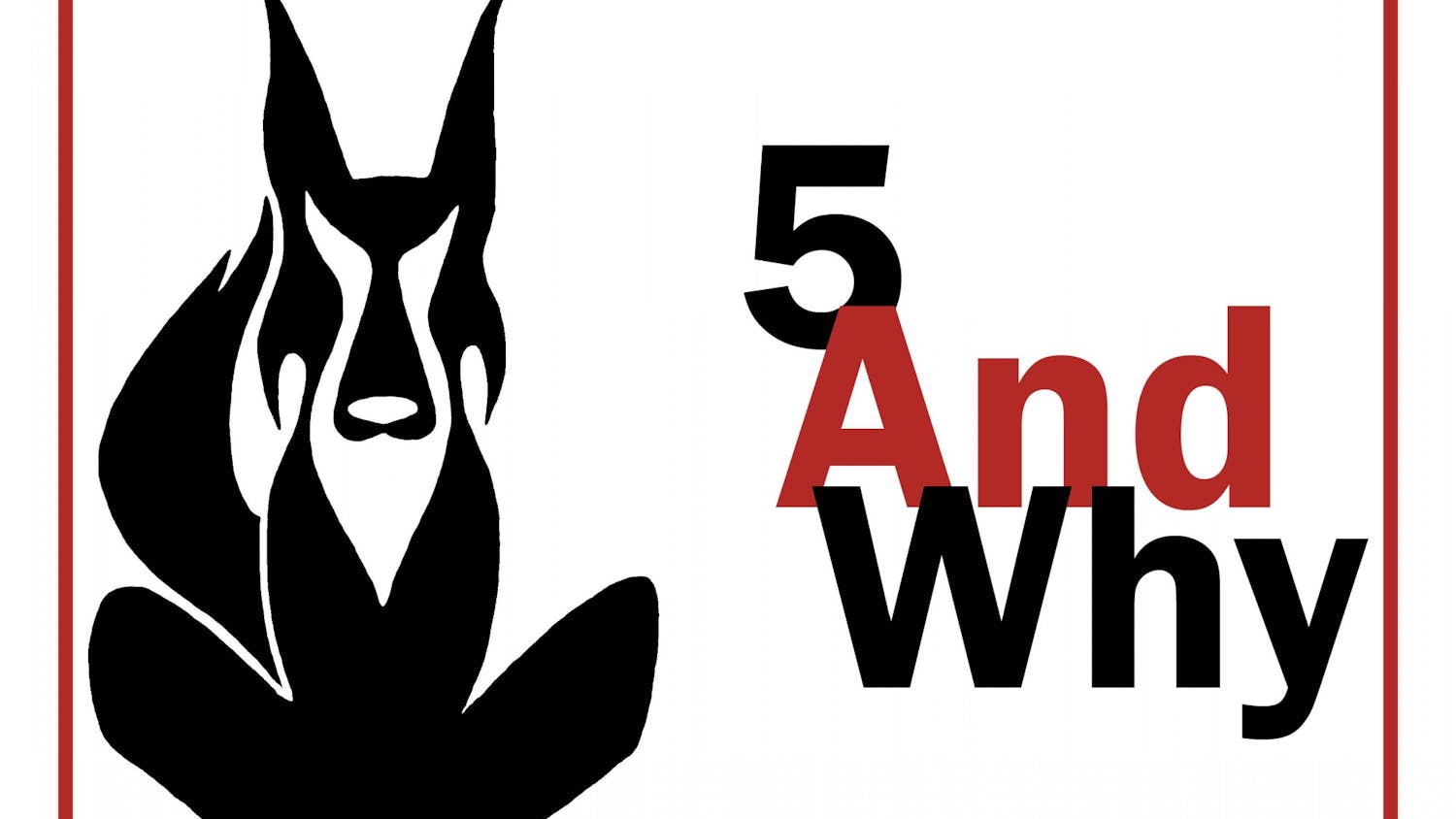During the Daily Lobo’s three-week break, I grabbed a couple cameras and my notebook and headed down to the Gulf Coast to do a multimedia project on the oil spill (as well as a print piece for another Albuquerque publication). Three friends and I drove the 20-plus hours to Grand Isle, La., one of the hardest-hit coastal towns.
The town has only one road, and it’s lined with dozens of houses on stilts, which help to protect the island’s 1,500 residents during hurricane season. This is a community that is not a stranger to hardship. After Hurricane Katrina, many fishermen told me that they lost everything – their houses, boats, equipment.
However, the nature of a hurricane is fleeting. It arrives on the shore, does its damage and leaves. After Katrina, Grand Isle was mostly in ruin, to be sure, but it was a visible enemy.
After the blowout preventer on the Deepwater Horizon oilrig burst April 20 and put fishermen out of work, coastal residents installed a steward to greet visitors just outside the small town on Louisiana Highway 1. It’s a mannequin dressed in fisherman’s clothing and strapped into a breathing mask. It carries a sign that says, “God help us all.”
This feeling of desperation among Grand Isle residents was omnipresent.
Fishing isn’t allowed, and many of them are temporarily employed through the Vessels of Opportunity, a program BP came up with to employ out-of-work fishermen. I got the chance to hang out with six fishermen one evening at one of their homes. These are men who have fished for as long as they can remember, and their choice occupation provides no retirement plan. They don’t wear emotions on their rolled-up sleeves, but they each spoke about how scared to death they are.
The VoO program is keeping the fishermen afloat for a while, but they’re worried BP will prematurely pack up shop and declare the coast clear. And even after the fishing season resumes, the fishermen are worried the market will have moved on without them, increasing its reliance on imports. Also, the general public might maintain the perception, they say, that fish from the Gulf are dripping with oil and unsafe to eat.
The conversation with the fishermen was the most powerful, I think, of any of my experiences in Louisiana. At first, I wondered why the fishermen didn’t cut their losses and try to look for another job in another place. I came to realize, though, that these men were engaging in more than an occupation.
These men were often the fourth or fifth generation of fishermen in their families.
Before the spill, they were suspended in time, upholding a tradition greater than themselves. I can’t really think of anything more noble, and it is now profoundly unsettled, casting its line into uncertainty.
P.L.
Get content from The Daily Lobo delivered to your inbox





